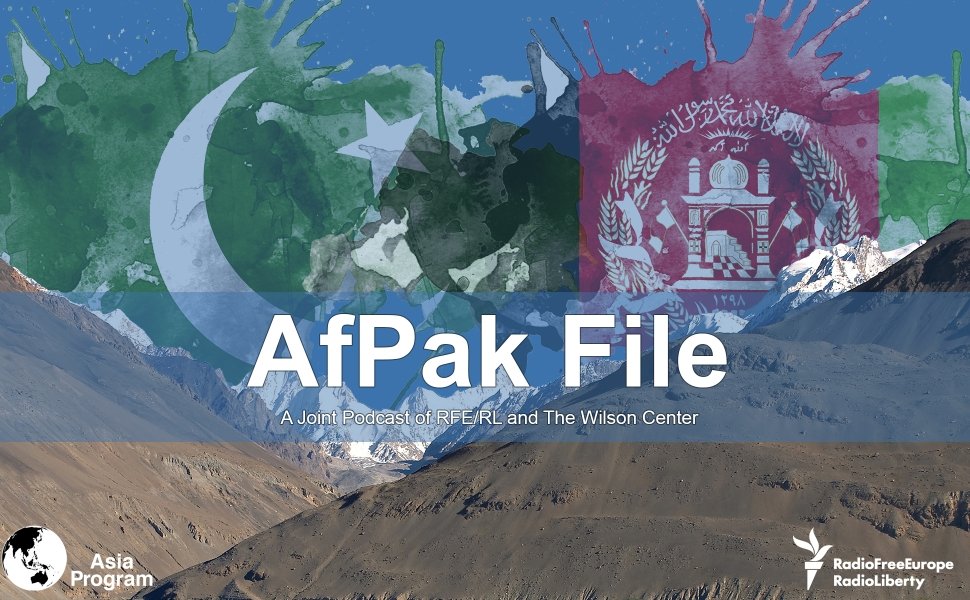AfPak File: Can the Ghani-Abdullah Deal Put the Afghan Peace Process Back on Track?


On May 12, Afghanistan was convulsed by two mass-casualty attacks, including a particularly reprehensible assault on a Kabul maternity ward that targeted newborn babies and their mothers.
Soon thereafter, Afghanistan's government announced a new offensive against the Taliban, thereby raising questions about the viability of a peace process and intra-Afghan dialogue that have yet to start nearly three months after the signing of an agreement between the U.S. government and the Taliban.
However, on May 17, President Ashraf Ghani and his main rival Abdullah Abdullah signed a power-sharing deal, ending a long spat that had served as a major obstacle to launching Taliban talks.
The latest episode of The AfPak File Podcast reviews these developments and discusses what it could all mean for the peace process.
Joining the discussion are Tamim Asey, executive chairman of the Institute of War and Peace Studies in Kabul and a former deputy minister of defense; Sami Mahdi, Afghanistan bureau chief for Radio Free Europe/Radio Liberty's Afghan Service, locally known as Radio Azadi; Ashley Jackson, a research associate at the Overseas Development Institute; and Michael Kugelman, Asia Program deputy director and senior associate for South Asia at the Woodrow Wilson Center.
Muhammad Tahir, media manager for Radio Free Europe/Radio Liberty in Washington DC, moderates the discussion.
This podcast originally appeared on RFE/RL.
Guest

Moderator

Indo-Pacific Program
The Indo-Pacific Program promotes policy debate and intellectual discussions on US interests in the Asia-Pacific as well as political, economic, security, and social issues relating to the world’s most populous and economically dynamic region. Read more
